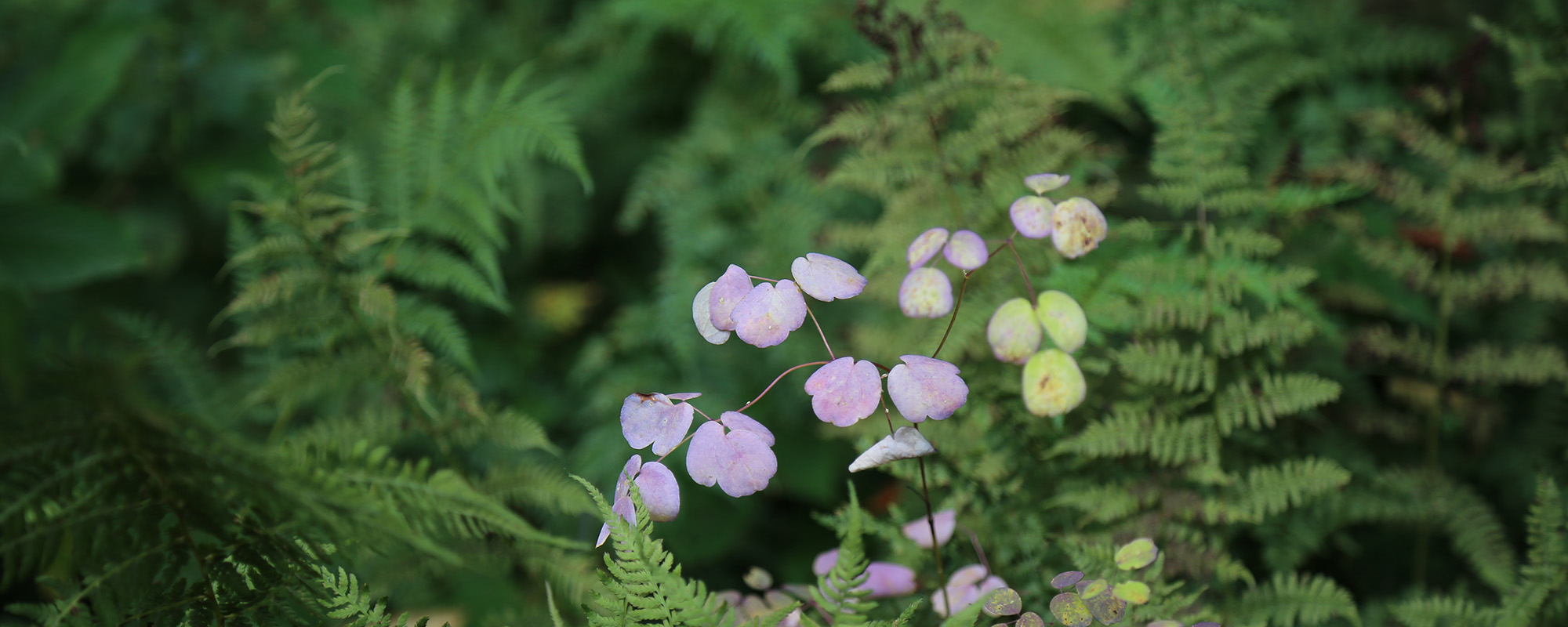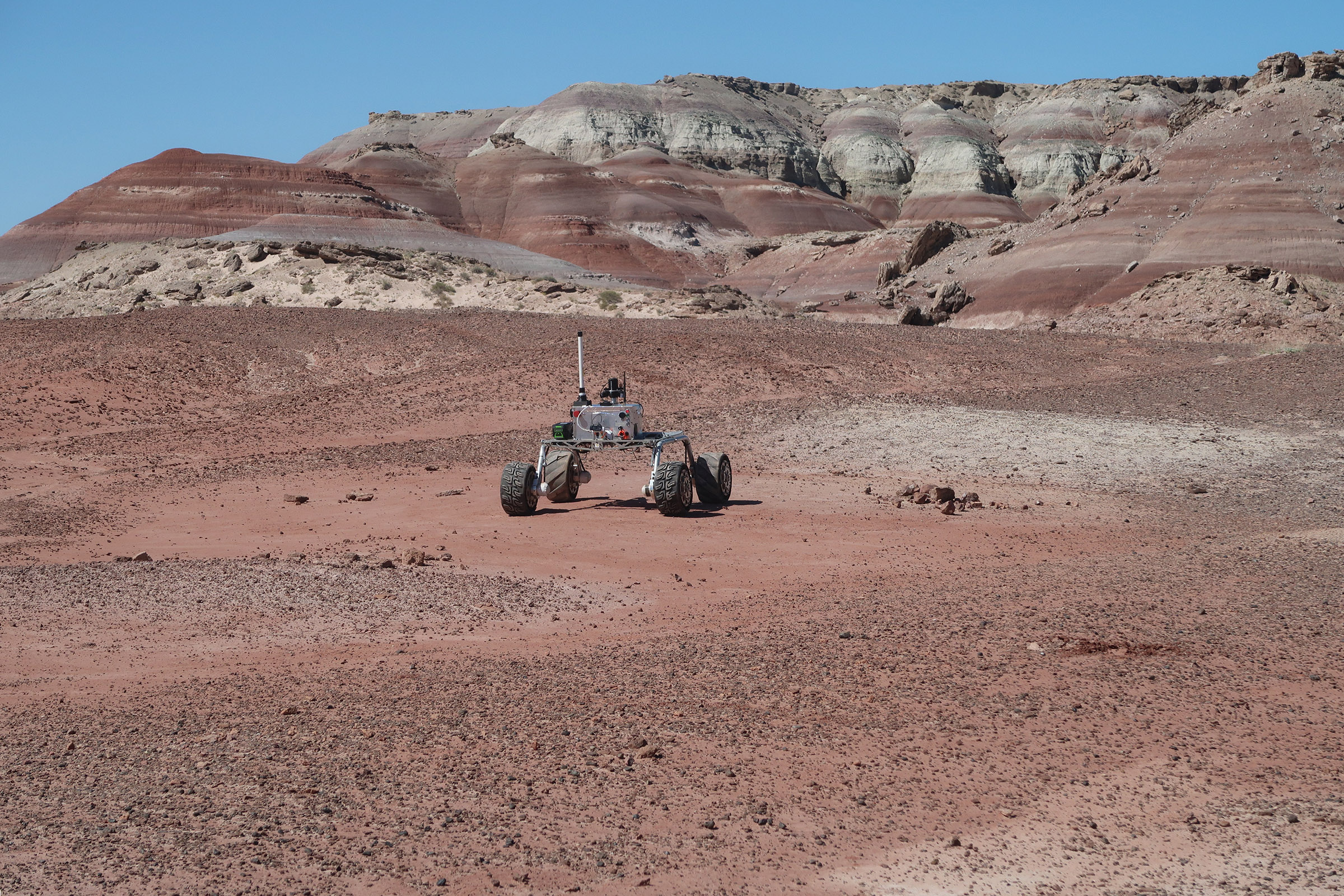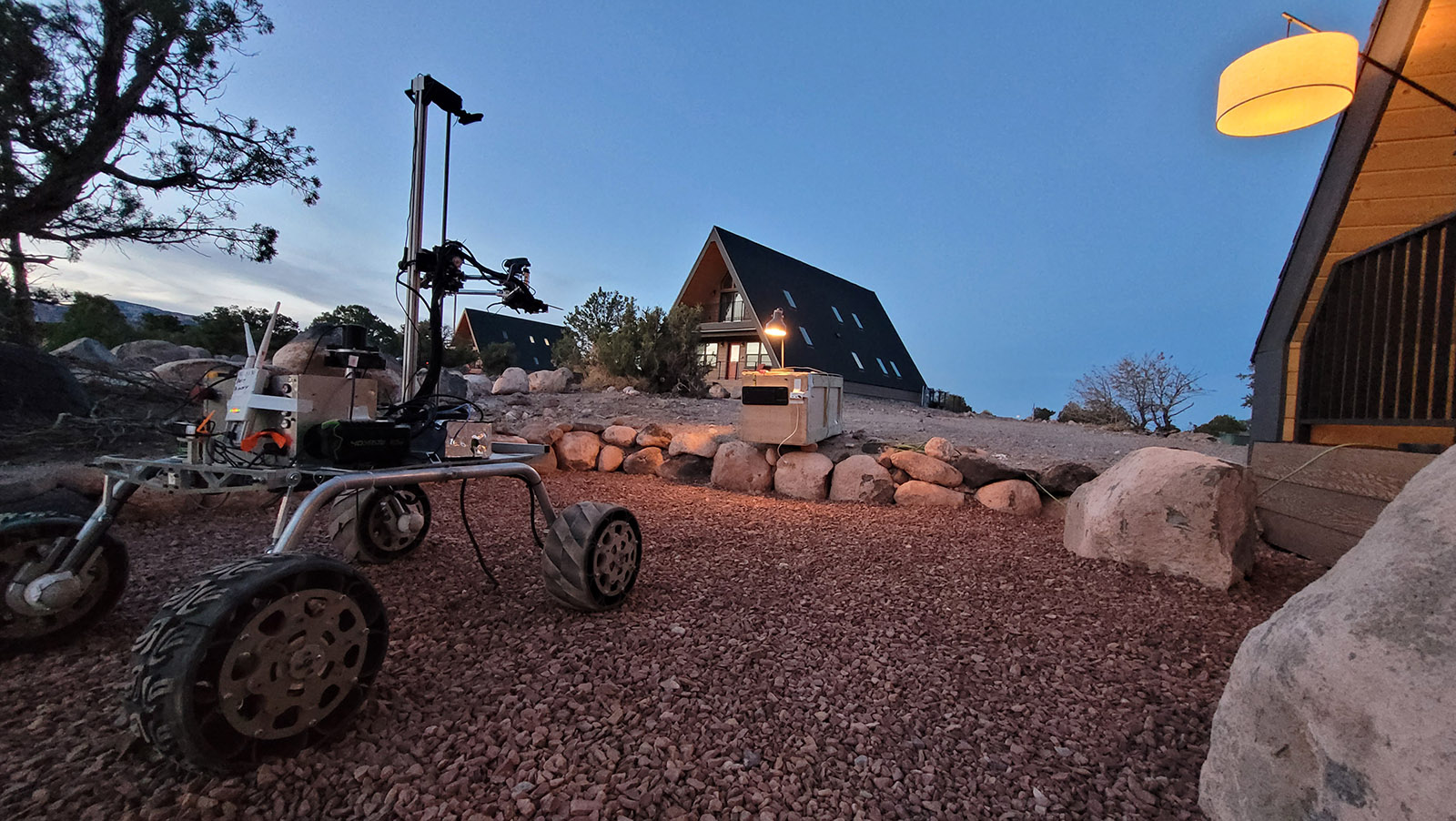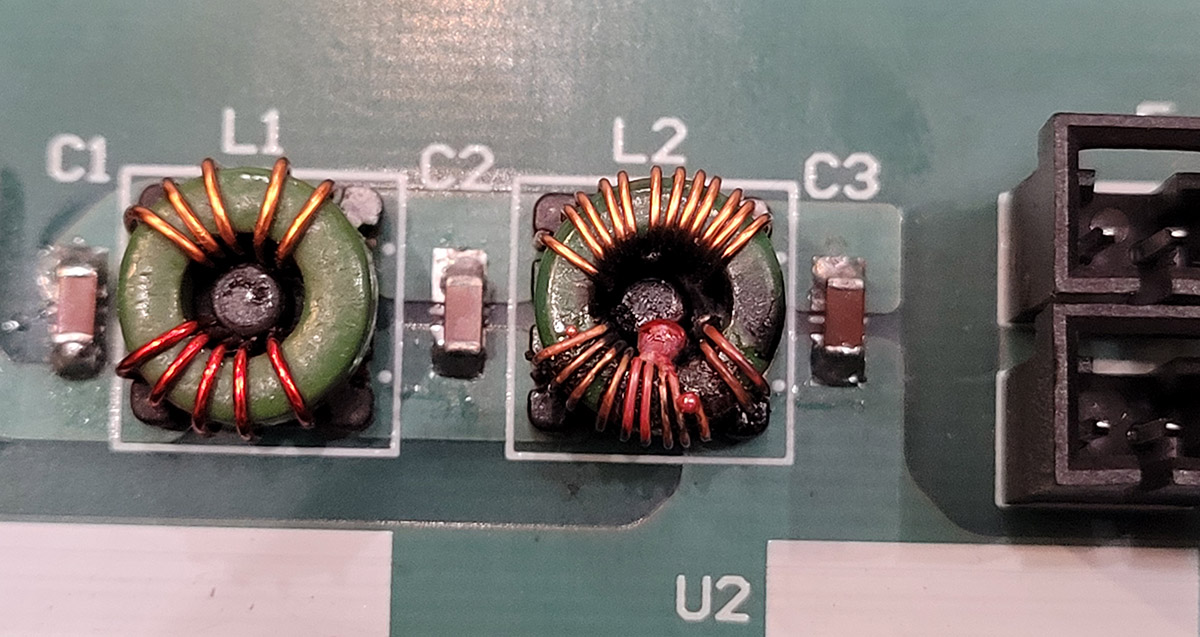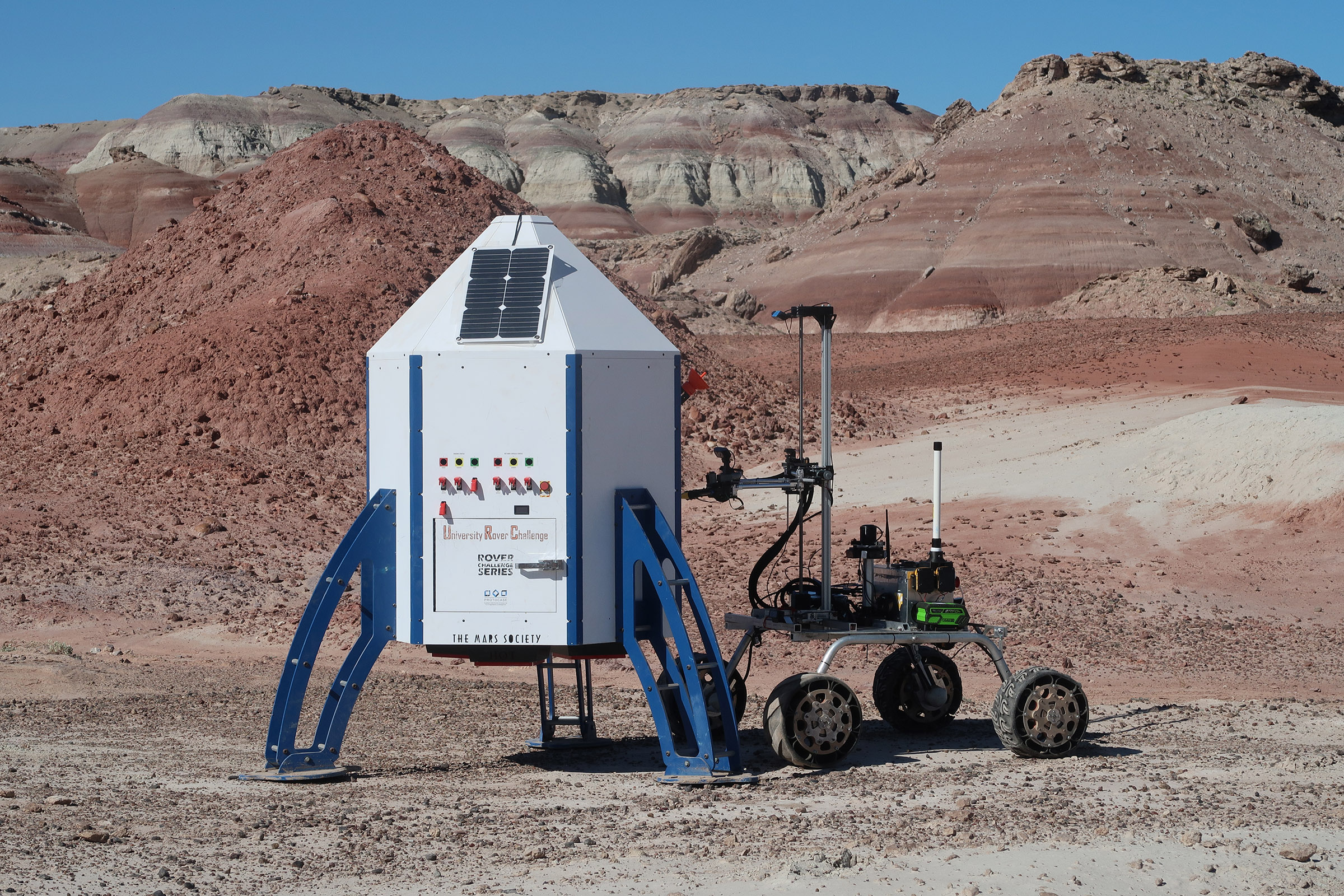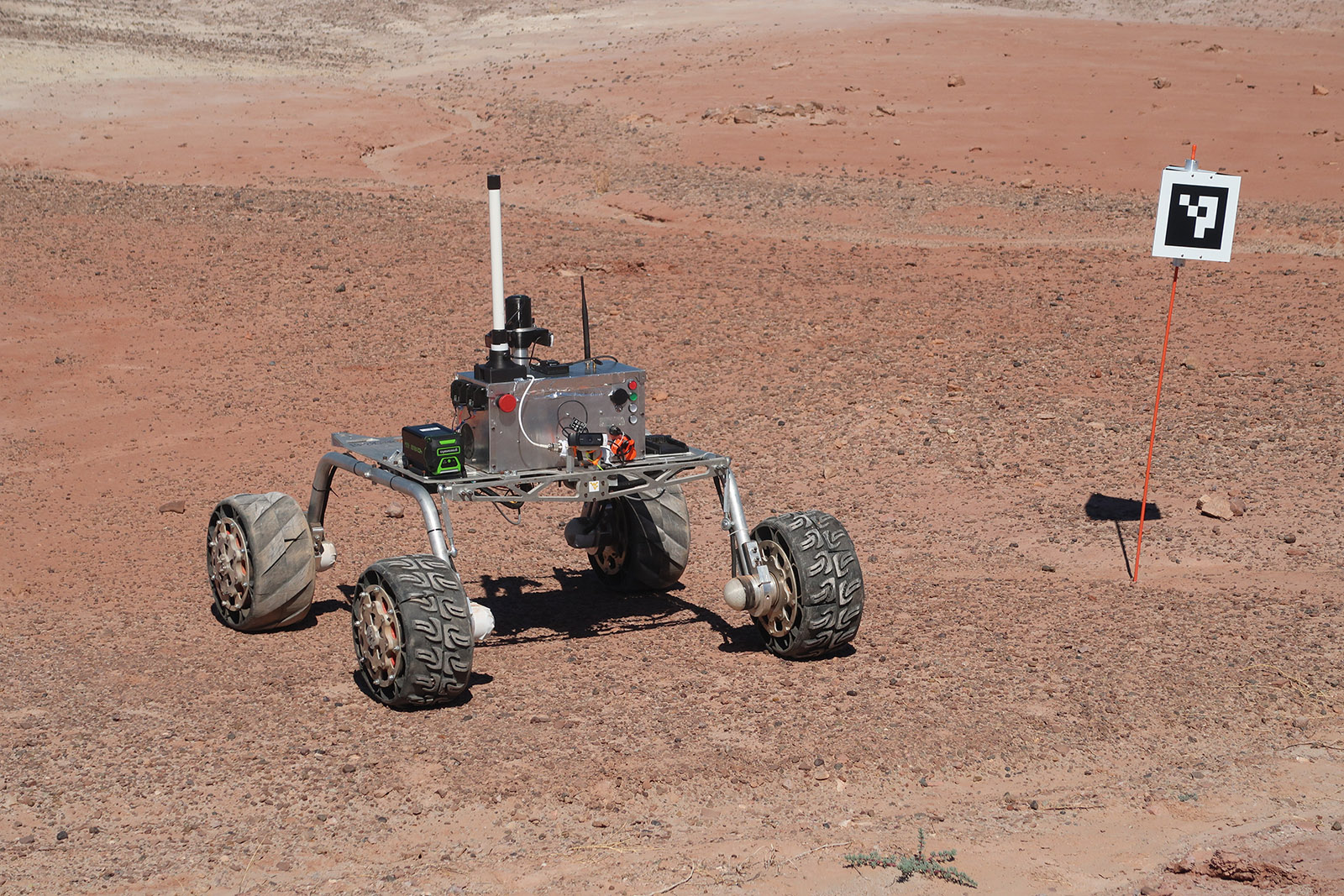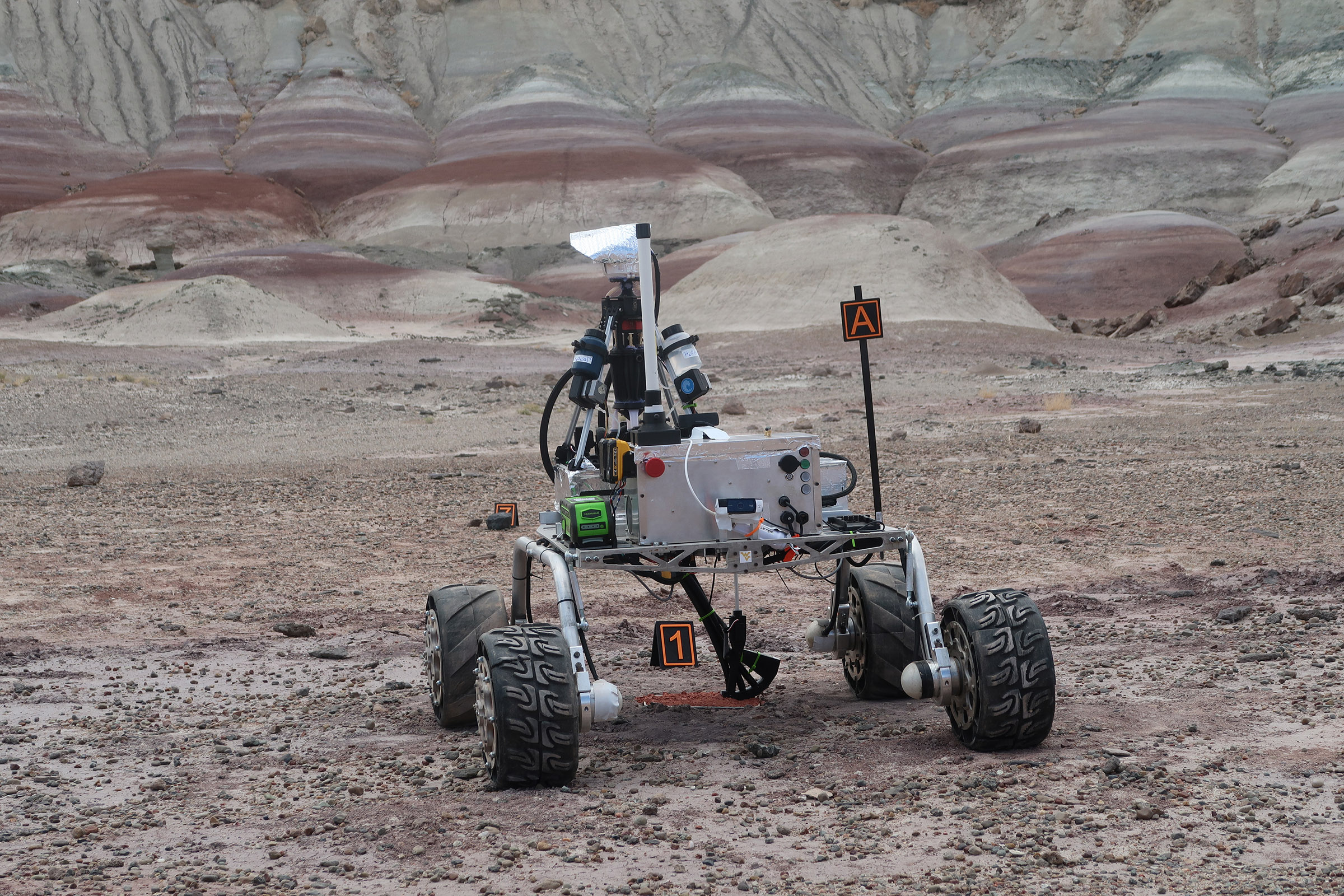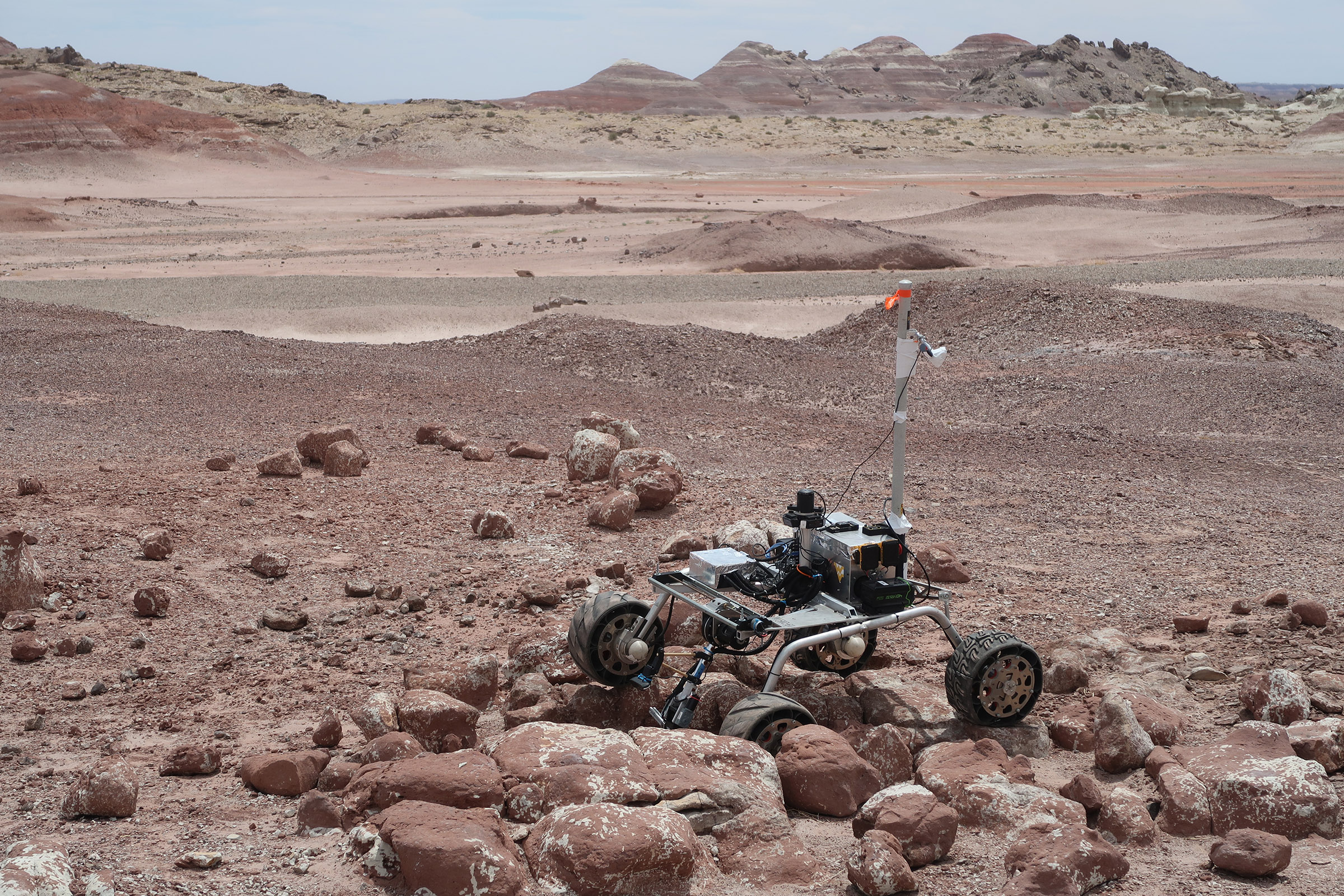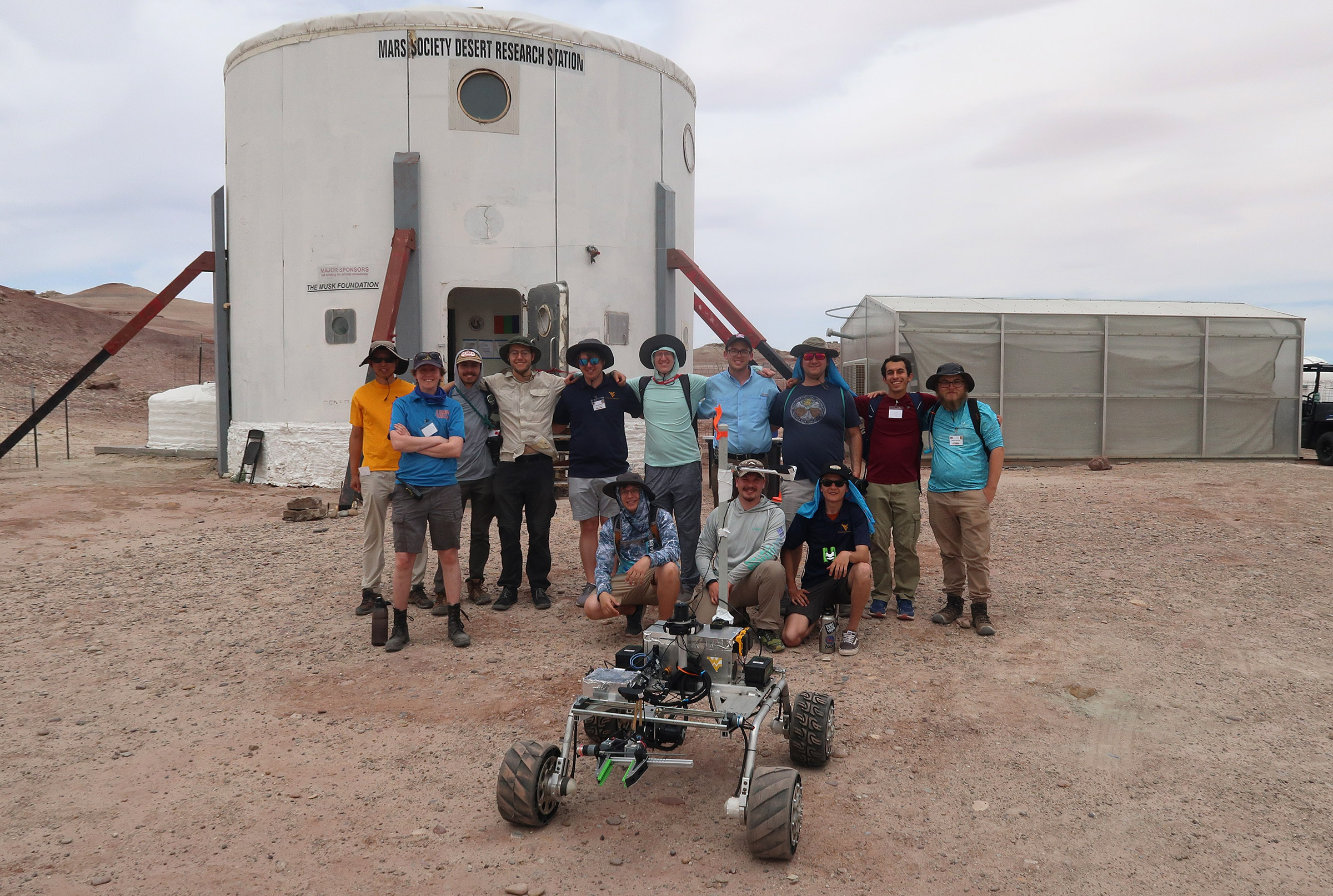What is a good heuristic linking the time spent and the research progress made?
If we use bean counting as an example, the progress made would be a function of talent, skill, and effective time spent. This is not as simple a relationship as it may look like at first glance. The talent (e.g., good hand-eye coordination and dexterity) separates us to some degree, but skill can make up for most of the differences. Skill is also developed over time, as a function of effective time spent on bean counting in the past. Notice the word effective here. Three people (A, B, and C) can be spending the same amount of time counting beans; but,
- A spends 30% of the time wondering: B seems to be more talented than I am?
- B spends 20% of the time managing the group.
- C is not thinking at all, just counting.
Who may be the one that has more beans counted and has more bean counting skills gained over the time?
However, research is not bean counting. If instead, we use mountain climbing as an example, we may consider progress as a function of talent, skill, time spent, and the direction we take. If we are making poor choices by going on the longer route, we could be climbing fast and hard but still be late.
However, research is not mountain climbing. If instead, we use mushroom foraging as an example, we may consider progress as a function of talent, skill, time spent, direction, and luck. If we are lucky, we would find many (and good) mushrooms on the way with less time and effort. But luck is not something we have direct control of. The only part that we can do is to increase the number of trials, e.g., explore more, which is also a function of the time spent. Also, it’s assuring to think that no one can be always unlucky on a time scale of, say, 40 years.
However, research is not mushroom foraging by one person. That would be ignoring the bigger picture, e.g., the role played by others on one’s progress. If instead, we use group mushroom foraging as an example, we may consider progress as a function of talent, skill, time spent, direction, luck, and interaction. The time spend on teaching, making friends, brainstorming, and cooperation may payoff in ways we can’t anticipate.
How do we know if we have been managing our time productively? We probably won’t know for sure. It usually takes years to develop a skill (e.g., language, playing musical instrument, writing) and the process is not linear. Your skill could be stagnating for a long time before making the next jump. I would suggest following a simple heuristic: the research progress, along with many of its contributing factors, have a positive correlation with the effective time spent. There is also a simple test. Just think about in the last week (while still can remember), how much time did I spend on research related topics, such as reading, learning, thinking, doing, writing, teaching, and debating, etc. Ok, for me, I worked quite hard last week (Oct 30 – Nov 05, 2022), but a good chunk of my time was spent on attending meetings, replying to emails, grading homework, dealing with logistics/paperwork. I also spent a good amount of time teaching and thinking (which were productive), but had little time to read and write, and even less time to use my hands for doing anything other than typing …
Why am I not a better researcher than I am now? That was probably the main reason. I can blame it on not having enough time; but that probably is just an excuse. Maybe it’s because there are too many things (other than just research) that I chose not to give up? Or maybe the time I spent was just not effective enough. One progress I made was that I have learned, after a long while, not to waste time thinking that I am not good enough as a researcher.

